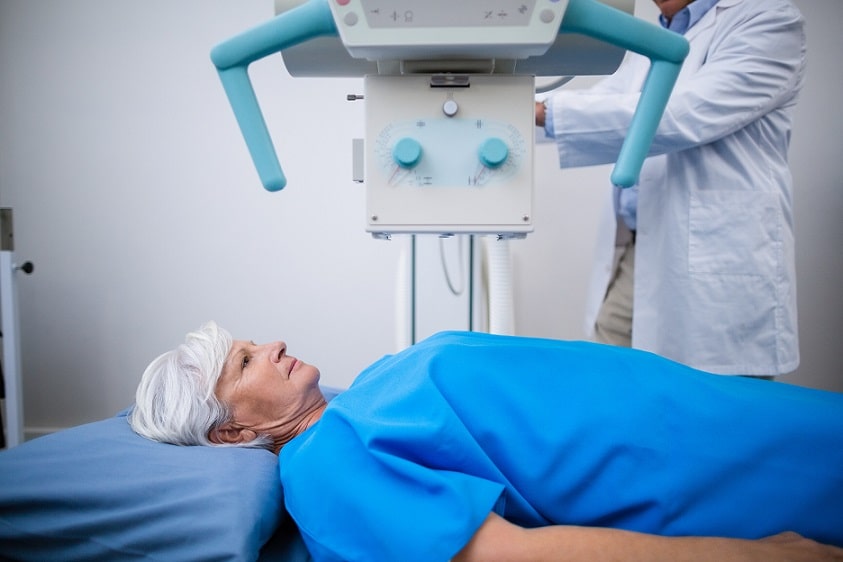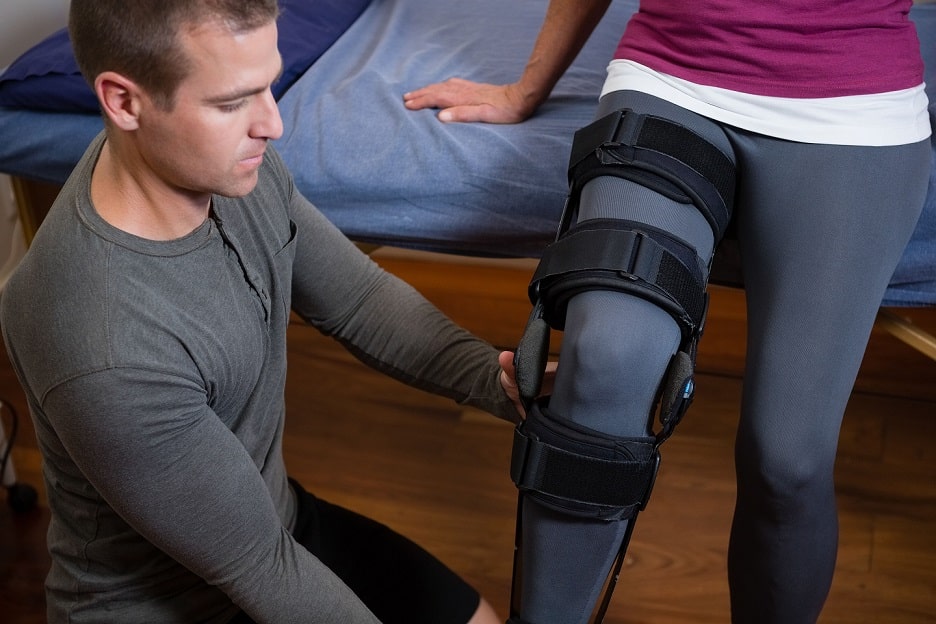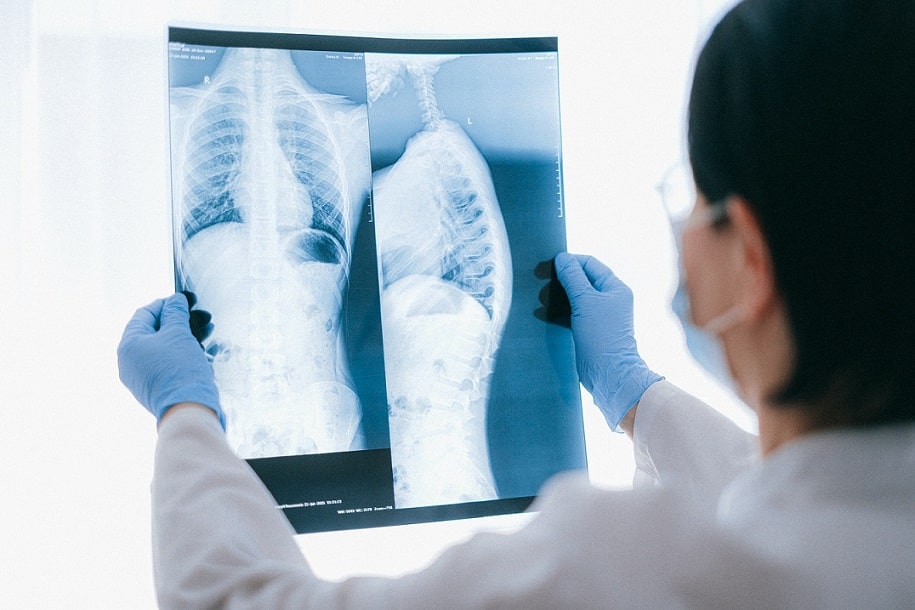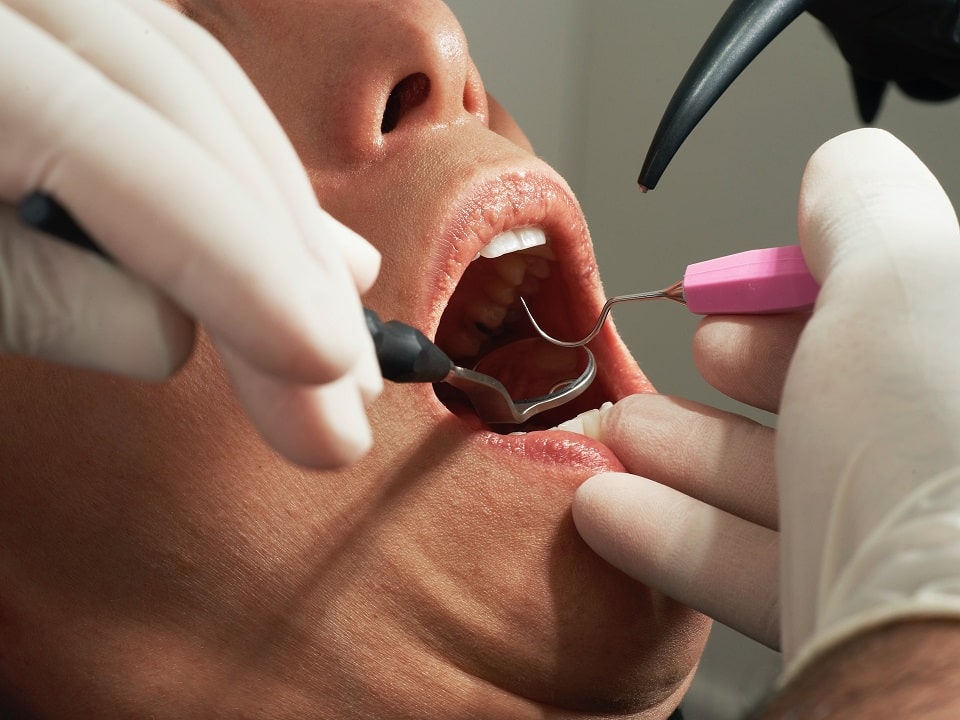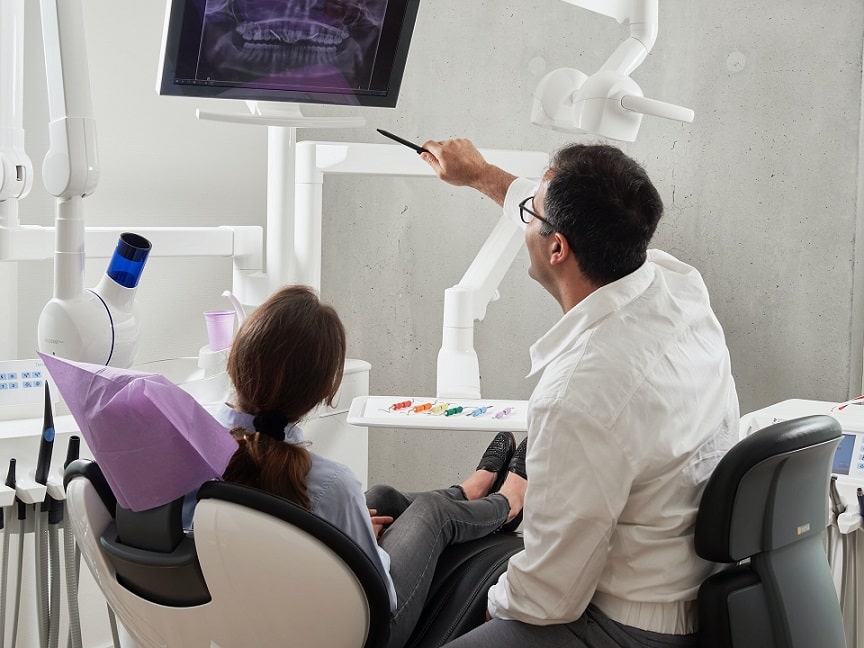 Following a head injury we are all familiar with concussion and the affects it can have but what are the more serious consequences of a severe head trauma? One of the life altering consequences could be epilepsy which can be caused by trauma which has caused part of the brain tissue to be damaged. This is often the result of a very serious road traffic accident, a fall down a flight of stairs or more serious criminal offences such as a serious strike wound to the head.
Following a head injury we are all familiar with concussion and the affects it can have but what are the more serious consequences of a severe head trauma? One of the life altering consequences could be epilepsy which can be caused by trauma which has caused part of the brain tissue to be damaged. This is often the result of a very serious road traffic accident, a fall down a flight of stairs or more serious criminal offences such as a serious strike wound to the head.
In short, epilepsy is a neurological condition which affects both the brain and the nervous system. It is a chemical imbalance in the brain whereby the electrical impulses which are used to function are interrupted and become imbalanced. The condition can be brought on for genetic reasons or due to a cause such as trauma, infection or a stroke. The latter is more commonly referred to as ‘Symptomatic epilepsy’.
The most common symptom which we are all probably aware of is that of seizures. There are many types of seizures which a person may experience and they can vary in severity. Some people may experience flashbacks, numbness and seeing colours but they may not experience the physical attack which we associate with a seizure.
The type of seizure most people associate with is that of ‘grand mal’ epilepsy whereby the whole of the brain is affected and you may lose consciousness and have no recollection of the events which have occurred.
The vast majority of seizures are not life threatening but many sufferers experience injury due to the loss of control of their body. If you are with someone whom is experiencing a seizure you should do your best to protect them:
- If in a public place ask passers to by to keep back and keep their distance
- Cushion their head
- Remove any items within the vicinity which may cause injury
- Loosen any items of clothing/remove jewellery which may restrict their airway
Unfortunately epilepsy cannot be cured but there are many treatments both conventional and therapeutic which can help sufferers deal with the condition and live as ‘normal’ a life as possible.
Many individuals suffering with the condition learn to recognise what ‘triggers’ their attacks; this helps them to avoid certain situations which they know can lead to a seizure. Triggers can include any of the following:
- Lack of sleep
- Diet
- Stress
- Flashing lights
By being aware of the triggers you may be able to seek therapies and treatments which are specifically aimed at targeting the ‘problem’. An example of this could be; if you know that stress triggers your attacks, you can look at taking up yoga and relaxation techniques.
Many people also wear an identity card so that in the event of an attack any member of the public/colleague etc will know whom you are and who to call in an emergency.

 Following a
Following a 

